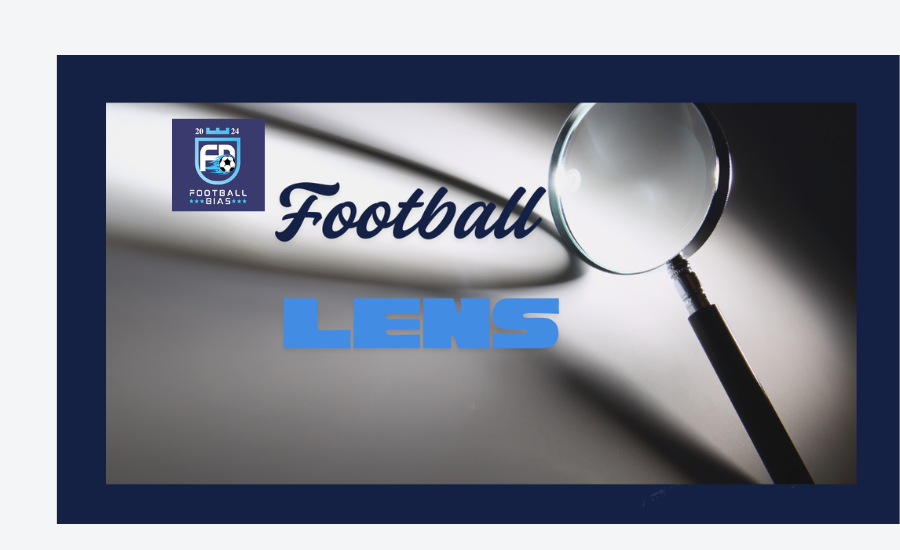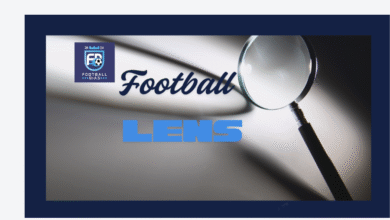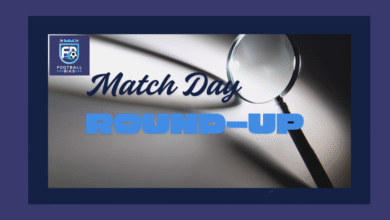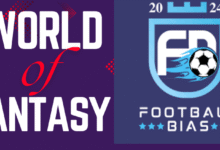Sponsorships that Changed Football Forever
Iconic Takeovers

“Oil money”, the line every rival fan uses, half as a joke, half as envy. But beneath the memes and mockery lies a truth: modern football runs on capital. Football hasn’t lost its roots, loyalty and tradition still exist, as clubs like Real Madrid and Athletic Bilbao continue to prove. What has changed is how success is built. The modern game no longer runs solely on heritage, it runs on strategy, branding, and capital.
The balance of power has shifted from the touchline to the boardroom. Roman Abramovich’s Chelsea opened the door, the Abu Dhabi group at Manchester City walked through it, and the Qataris at PSG turned it into a global phenomenon. Now, Saudi-backed Newcastle might be writing the next chapter.
The irony however is that it’s not just about who spends most, it’s who spends smart. Football’s financial era isn’t built on extravagance anymore; it’s built on structure, timing, and influence.
When Abramovich arrived in 2003, he didn’t just buy a football club, he bought and brought a revolution. Chelsea went from ambitious underdogs to European heavyweights in record time. His investment redefined what ambition looked like in English football: massive transfer budgets, world-class managers, and zero tolerance for mediocrity. It wasn’t just money that changed things; it was expectation.
Every club that followed from City to PSG borrowed from Abramovich’s playbook. But Chelsea were the proof of concept: wealth, when applied decisively and strategically could accelerate legacy. Under Todd Boehly, that same blueprint is being redrawn. The spending remains bold, but the approach is different, more American, more long-term, built around data and market value. Whether it succeeds or not is still uncertain, but one thing hasn’t changed: Chelsea were the first modern “oil club,” and they set the standard for how power in football looks today.
When Abu Dhabi took over Manchester City in 2008, it didn’t just create another rich club, it built a long-term juggernaut. The spending was heavy, yes, but it was guided. City invested in data, recruitment, youth development, and infrastructure with precision few others matched. It wasn’t just about signing stars; it was about building a structure that sustained them. Under Pep Guardiola, that structure reached its peak. Every signing fit a model, every department followed a plan. The City Football Group expanded the idea even further, turning one club into a global network that scouts, develops, and sells talent across continents. City’s success is the modern template, the point where football’s business side and sporting side finally aligned. Money built the foundation, but vision made it dominant.
In France, PSG’s story began with spectacle. When Qatar Sports Investments took over in 2011, the goal was clear, to turn Paris into football’s capital. Neymar, Mbappé, and later Messi made that happen off the pitch as much as on it. PSG became a global brand fashion, fame, and football all rolled into one. But before Neymar and Mbappé, there was Zlatan Ibrahimović, the player who gave PSG its first real identity under Qatari ownership. He was the statement signing, the face of ambition, and the ego the club needed to be taken seriously.
Zlatan didn’t just score goals; he set standards, dragged teammates up, and made PSG feel like a big club before Europe started to recognise them as one. But after years of falling short in Europe, the club’s approach matured. The spending didn’t stop, but the purpose changed. They moved from assembling superstars to building balance, investing in academy graduates, young talent, and a clearer football identity. The result was Europe’s ultimate validation: the Champions League. PSG’s rise proves a point often missed, money can buy players, but not culture. That takes time, structure, and the humility to evolve.
When Saudi Arabia’s Public Investment Fund took over Newcastle United in 2021, everyone braced for another cash storm. Instead, they got something far smarter. The club didn’t go on a reckless spending spree, they went strategic. Smart recruitment, improved facilities, a clear plan. Players like Bruno Guimarães and Alexander Isak became symbols of ambition without chaos. Newcastle’s growth has been gradual but intentional.
They’ve climbed from relegation-threatened to Champions League contenders in just a few seasons, doing it with a mix of modern analytics and old-school graft. The ownership knows image matters as much as results and unlike early “oil clubs,” they’re building credibility before dominance. The question is perhaps not whether Newcastle will join Europe’s elite but how long it’ll take before they get there.
Ownership might be the headline, but sponsorships shape the fabric. Airlines, crypto firms, and state-backed companies now dominate club shirts and stadium names. Emirates, Etihad, Qatar Airways, these aren’t just sponsors; they’re symbols of global reach. Football has become a marketing ecosystem where clubs sell not just tickets, but influence.
It has of course raised new conversations too about ethics, fairness, and the sport’s growing dependence on state-linked capital. Traditionalists worry about identity loss, but there’s no denying the scale of change. Sponsorships have blurred the line between club and corporation, passion and portfolio. Football used to sell just dreams; now it sells visibility too. The logos may change, but the message is constant, money doesn’t just support the game anymore, it defines its direction.
Football has always chased glory, but now it comes with a business plan. Abramovich lit the fuse, City perfected the model, PSG proved evolution matters, and Newcastle are next in line. Each era has shown that success isn’t just about what happens on the pitch, it’s about who builds the system behind it. This isn’t the death of football’s spirit; it’s its adaptation. Tradition still matters, just look at Madrid, but ambition now speaks a financial language. The game hasn’t lost its soul, it has just learned to market it.






